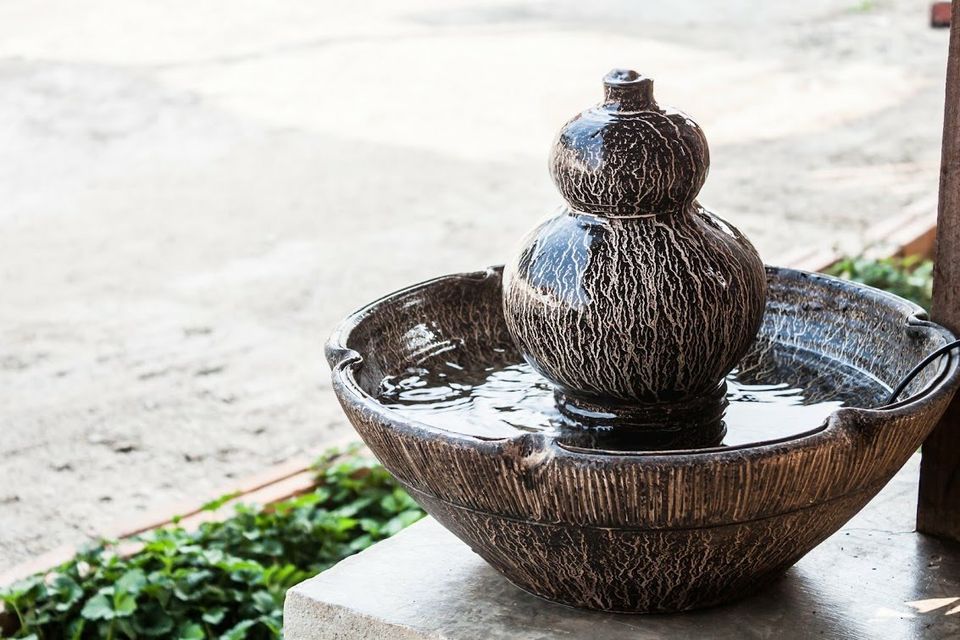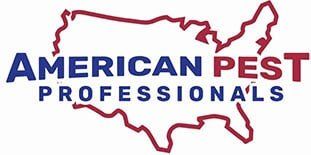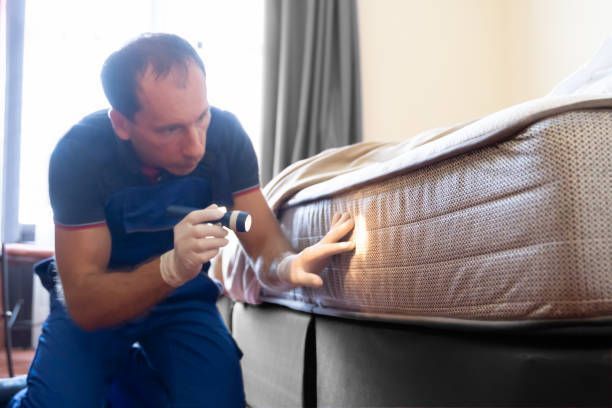5 Surprising Locations Where Mosquitoes Could Breed
Admin • June 2, 2021

The presence of mosquitoes on your property could cause all kinds of issues and annoyances. Not only are mosquito bites painful and itchy, but the bugs could also carry diseases that are harmful to humans and pets. Prevent mosquito exposure when you limit the number of mosquitoes on your property.
Mosquitoes find a lot of unique places to breed. Along with pest control treatments, focus and care on specific areas will prevent population growth in the future. Still bodies of water like ponds and puddles are excellent places for mosquitoes to breed, but they are not the only options. Learn about other breeding grounds for mosquitoes.
1. Plant Pots
If you keep plants on your porch, deck, or garden area, you want to ensure the plants remain watered but do not become a breeding ground for insects. After a rainstorm, you may notice puddles on the tops of the pots. You should drain any excess water from the plants. It only takes a few days for a mosquito to lay eggs and have the eggs hatch.
The quicker you remove the stagnant water, the more egg-laying you can prevent. The eggs are also durable. For example, a mosquito can lay eggs and the eggs could lose their water source but remain dry for several months. If water is reintroduced, then the eggs still have a chance to hatch.
When you drain the water from the plant pot, wipe down the edges to remove any excess eggs. During a pest control appointment, treatment can be applied to each plant pot to prevent further hatching or laying of eggs.
2. Old Tires
One of the more inconspicuous areas for mosquitos to lay eggs is an old tire. A tire features open gaps where water can pool up and get trapped inside. Ideally, you want to leave any extra tires indoors, like in a shed or a garage. If you do not have indoor space, then cover tires up with a tarp. Ensure the tarp fits tightly to prevent water from pooling. You can also apply a pest control treatment around the tire.
3. Bird Baths
Birdbaths are ideal lawn decorations to attract birds to your yard, but the baths could also serve as an invitation for mosquitoes. Birdbath water is often stagnant, and mosquitoes thrive on still water. Add a small fountain or waterfall feature to the birdbath to keep the water moving and flowing.
A water treatment option may include specific bacteria that are harmful to the mosquitoes but that keep the water safe for birds and other creatures to drink. You should clean out the birdbath at least every week or so if no treatment is applied.
4. Backyard Inflatables
Backyard inflatables like bounce houses or water slides are also prone to stagnant water. When the inflatables are not in use, you should deflate them and cover them or flip them upside down to completely drain out the water. Once you build a routine for putting away the inflatables, you will prevent the growth of mosquitoes.
After the summer season, hose and wipe down the inflatables to get rid of any mosquito eggs. You do not want dried-out eggs to grow and hatch when you bring the inflatables out the next year.
5. Gutters
Gutters typically feature moving water and are not a breeding ground for mosquitoes. Problems can occur when gutters clog and fill with debris. Leaves, sticks, and dirt could accumulate inside the gutter and create areas of still water. When mosquitoes breed near your home, the bugs could get inside and cause even bigger problems.
Keep your gutters clean and check the drainage system for standing water as well. Treatments will help prevent egg-laying near the foundation of your home.
For more information on mosquito treatment and prevention, contact us at American Pest Professionals. We will help identify the vulnerable areas on your property and prevent treatments to help limit mosquito population growth at your home.









